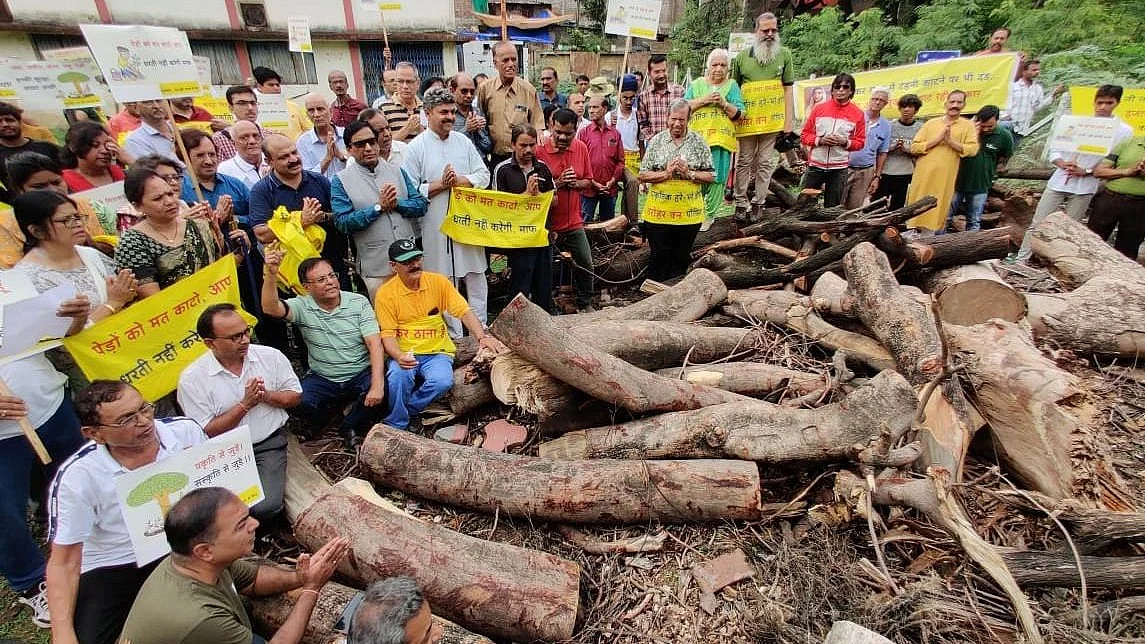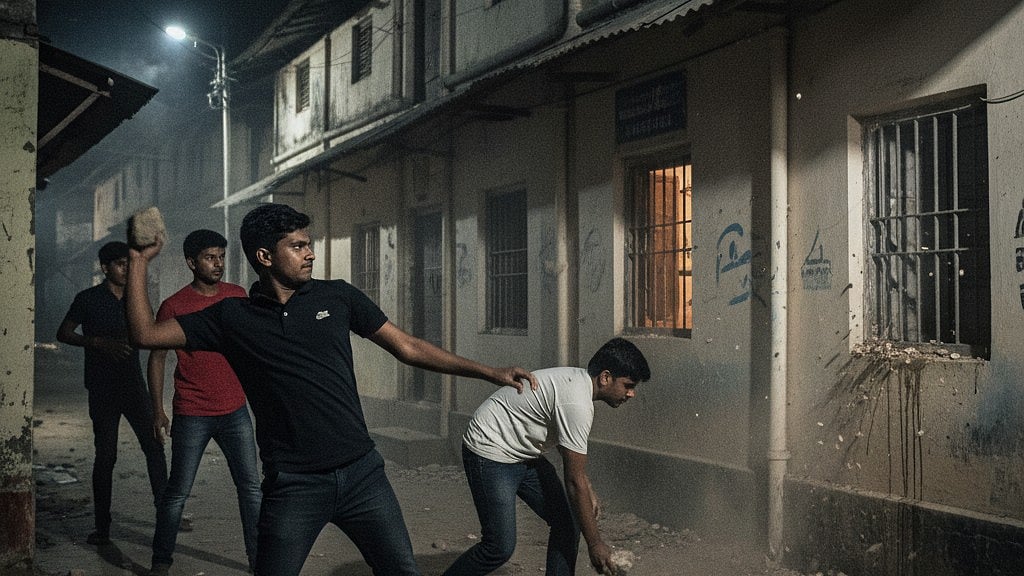BHOPAL (Madhya Pradesh): Child Welfare Committees (CWCs) are not functional in 42 of 55 districts of the state. CWCs are autonomous bodies, which play a crucial role in implementation of Juvenile Justice Act, 2015.
Each CWC is supposed to have five members including a chairperson. And at least three members are needed to decide a case. According to JJ Act, the process for appointment to CWCs should be initiated six months prior to end of term of any member. The state government, however, has not been making appointments for months. Officials said imposition of Election Model of Conduct first for Lok Sabha and later for Vidhan Sabha delayed the process. As a result, the functional CWCs are burdened with the charge of CWCs of neighbouring districts. The disposal of cases is being delayed, leading to suffering of abandoned, lost or orphaned children.
In Bhopal, CWC has only three members against stipulated five. They are Dr Dhaniram Singh Pawar, Brajesh Kumar Gurjar and Meena Sharma. It does not have a chairperson. Meena Sharma has been on leave since March due to illness. Chairperson Jagriti Kirar's tenure ended in November last year and term of three existing members will end after five months.
The Bhopal CWC has the charge of Rajgarh, Sehore, Vidisha and Raisen district. The Rajgarh CWC has only one member, Sehore has two, Vidisha has none and Raisen has only the chairperson. For disposal of cases, the CWC members from different districts either join the hearings through VC or in person. Recently, the members of Bhopal CWC had to join chairperson of Raisen CWC for hearing the case of child labourers rescued from a liquor factory. Moreover, the honorarium of the members is unpaid for past six months.
"Appointment process for members has begun. A committee headed by former judge has been constituted for the purpose. Appointments will be made soon," said Sanjay Shukla, principal secretary, women and child development
What CWC handles
The CWCs handle and resolve complaints relating to children who are either abandoned, orphaned, voluntarily given away by parents, or lost and who are in need of care. It is mandatory for police and other authorities to present every such child before CWC of district concerned, which then decides whether to give him or her in the custody of her parents or a Child Care Institution.










